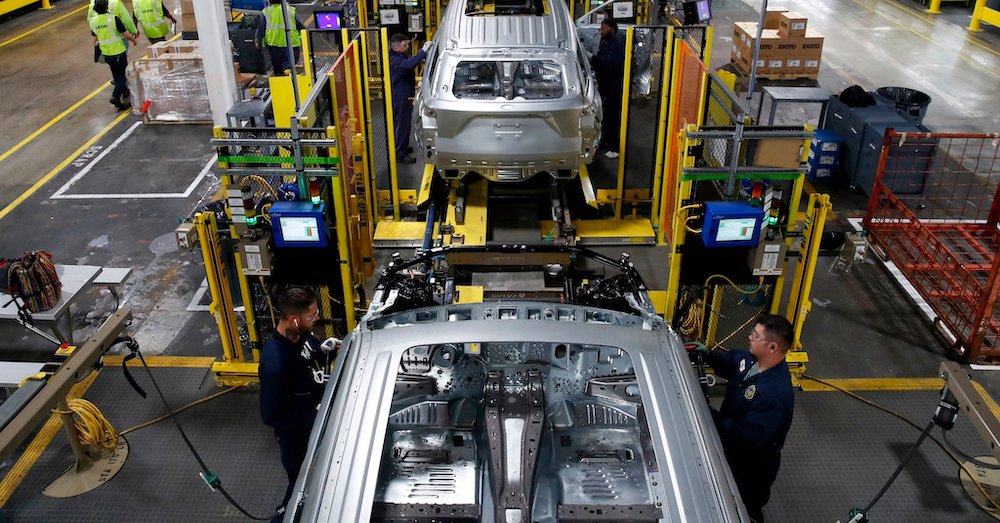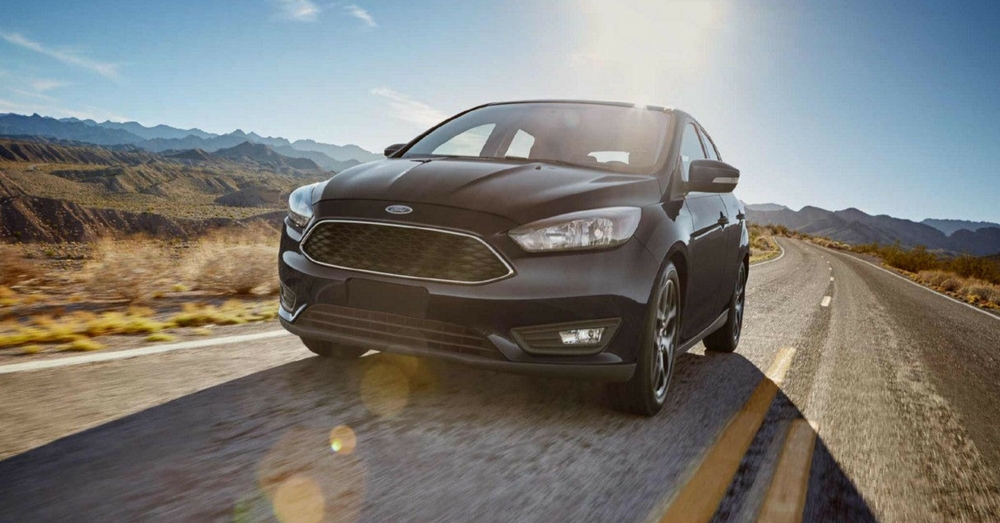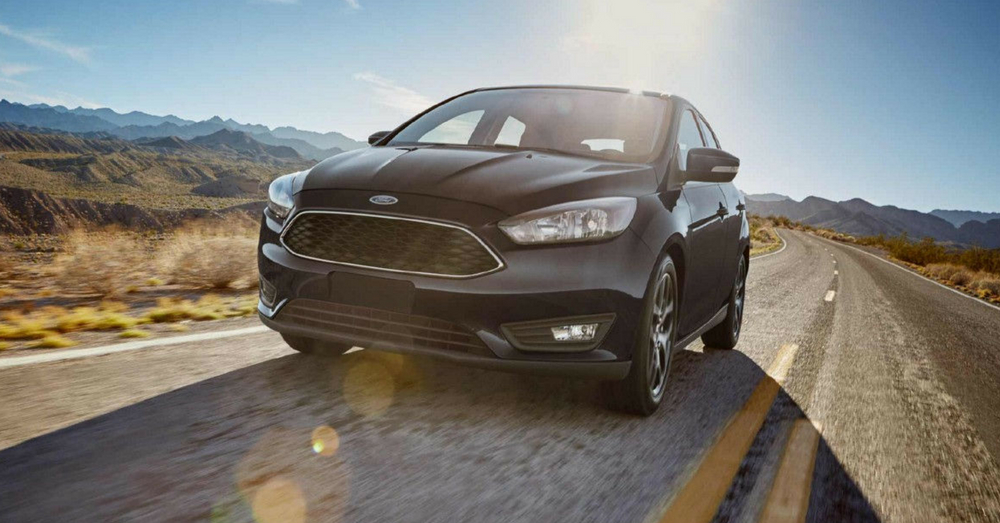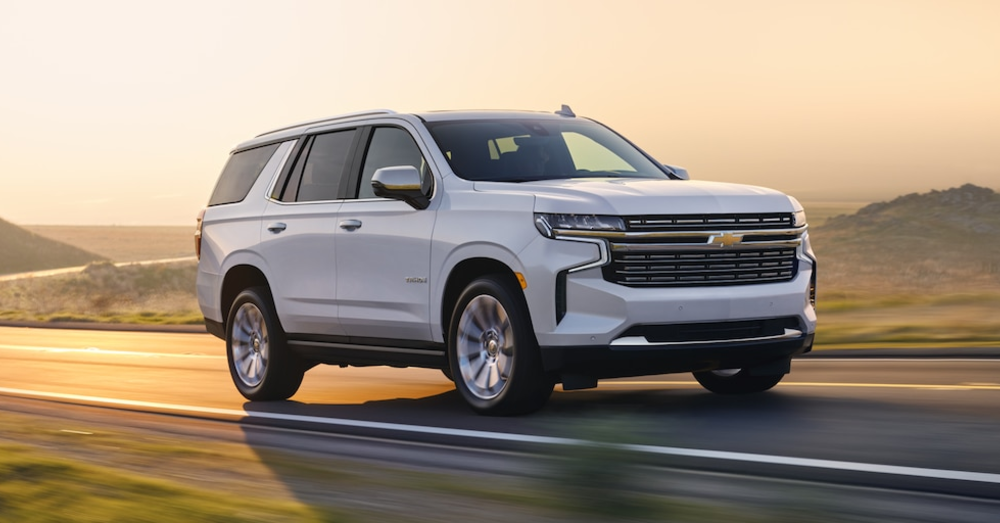
The Political Polarization of the Auto Industry
When you open your favorite social media app, turn on the TV, or open a newspaper, it’s expected that you’ll see some new political article attacking the other side of attempting to bolster its own base. You don’t expect to run into political issues at your local Ford or Chevrolet dealer.
No, it’s not that car dealership owners are injecting their personal politics into the auto industry. The way politics is invading the automobile market runs much deeper than local dealerships.
Competition At Every Turn
There’s nothing new about auto brands’ competition with each other for the biggest, fastest, most desirable vehicle. That’s why your favorite Chevrolet dealer will have plenty of options to rival whatever Ford is making and vice versa.
There are other elements at play that consumers may not know influence what happens in the market. For example, the United Auto Workers (UAW) is a strong union. During the Obama years, efficiency regulations were so strict that automakers were scared they couldn’t meet them. The Trump years saw some rollbacks on various regulations, but this wasn’t enough to make a huge difference.
Even though a Biden win would have meant a return to stricter emissions regulations, the UAW decided to back him in the 2020 election. This was in part to the conflict in California brought on by President Trump’s rollbacks and the trade wars and tariff threats on imported automobiles and parts.
Not Red Nor Blue
It’s not that the auto industry is intrinsically a blue Democrat or red Republican. While individual owners, leaders, and workers may have their own political ideology, the industry is a strong purple. General Motors, Toyota, and Fiat Chrysler all backed Trump in 2020. Ford, BMW, Honda, and Volkswagen moved towards Biden. This shows that there’s no unanimous support as each brand looks for what will benefit them the most. Ultimately, automakers as a whole want policies in place that will help them produce and sell cars.
One of the key pieces in the last election that led to the UAW’s support of Biden was the hope of a national fueling standard that doesn’t allow individual states to do their own thing. Biden also talked about bringing back programs that provided rebates and incentives for shoppers who purchase electric vehicles.
Today’s Polarization
While you’re most likely to see a political divide during an election year, the COVID-19 pandemic threw a monkey wrench in the whole system. Unemployment is rising, supply lines are delayed, and everyone is looking to point fingers at the opposing side.
Economists do believe that as more people become vaccinated or gain natural immunity to the virus, the economy will come back. Until the pandemic is completely over, there will be small dips in car sales across the board. Overall, however, it seems that the auto industry is making a comeback.
In the meantime, every dealership is dealing with their own troubles moving steel. The challenge is that it’s easy to blame either side for every one of those troubles. The current administration’s push towards electric vehicles, for example, is helping makers who already have a foothold in that market, but it’s forcing other brands to make expensive investments and changes.
Of course, which party gets support will depend on what automakers believe will benefit the industry the most, which tends to change as often as we go to the ballot box.
https://www.jeffschmittchevy.com/chevrolet-dealer-near-dayton-ohio/
This post may contain affiliate links. Meaning a commission is given should you decide to make a purchase through these links, at no cost to you. All products shown are researched and tested to give an accurate review for you.



